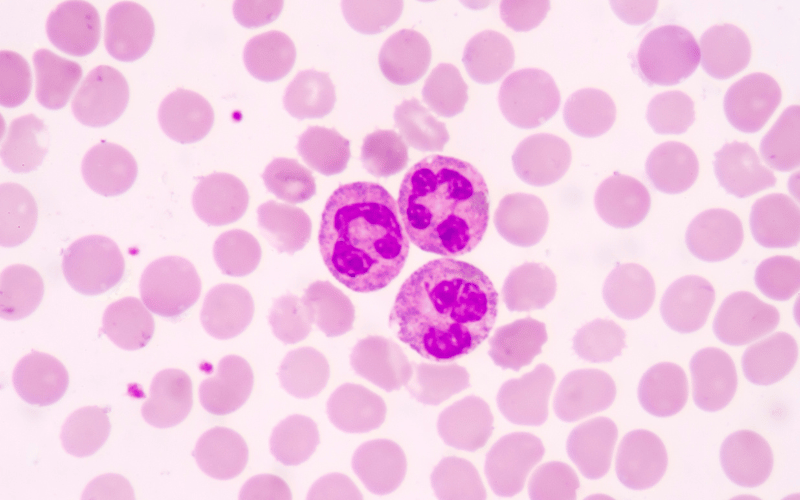Symptom 9: Immune System Dysfunction

Copper is instrumental in maintaining a robust immune system. It plays a vital part in the development and function of immune cells, including neutrophils and T-lymphocytes. Copper deficiency can impair the body’s ability to fight infections, resulting in an increased susceptibility to illnesses. This critical link between copper and immune function demands attention, especially in populations prone to nutritional deficiencies.
The signs of a compromised immune system due to copper deficiency might be subtle at first. Frequent infections, prolonged healing time for wounds, and general malaise can be indicators. Those affected may find themselves getting sick more often and taking longer to recover. Diagnosis can be challenging due to the non-specific nature of these symptoms, but a thorough medical history and specialized tests can uncover copper deficiency as the root cause.
Living with a weakened immune system can be physically and emotionally taxing. Simple infections can turn into prolonged illnesses, and the fear of exposure to pathogens might become a daily concern. This constant vigilance and repeated illness can lead to social isolation, anxiety, and depression. Such a profound effect on daily life emphasizes the importance of early detection and management of copper deficiency to prevent immune system dysfunction. (9)